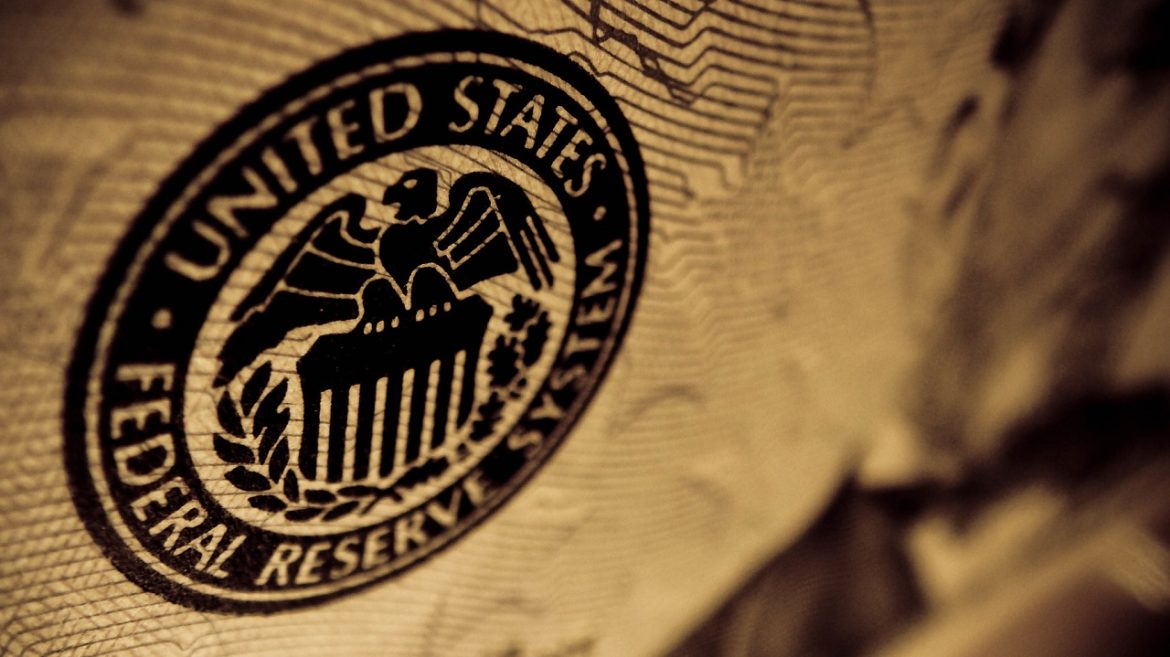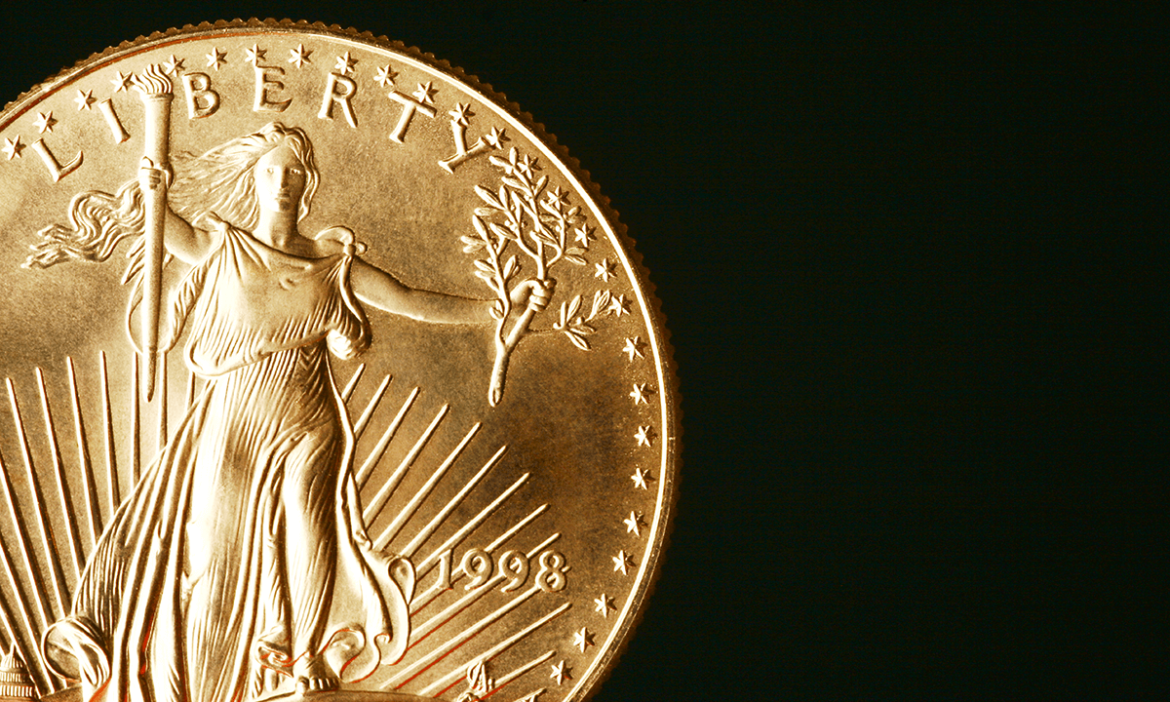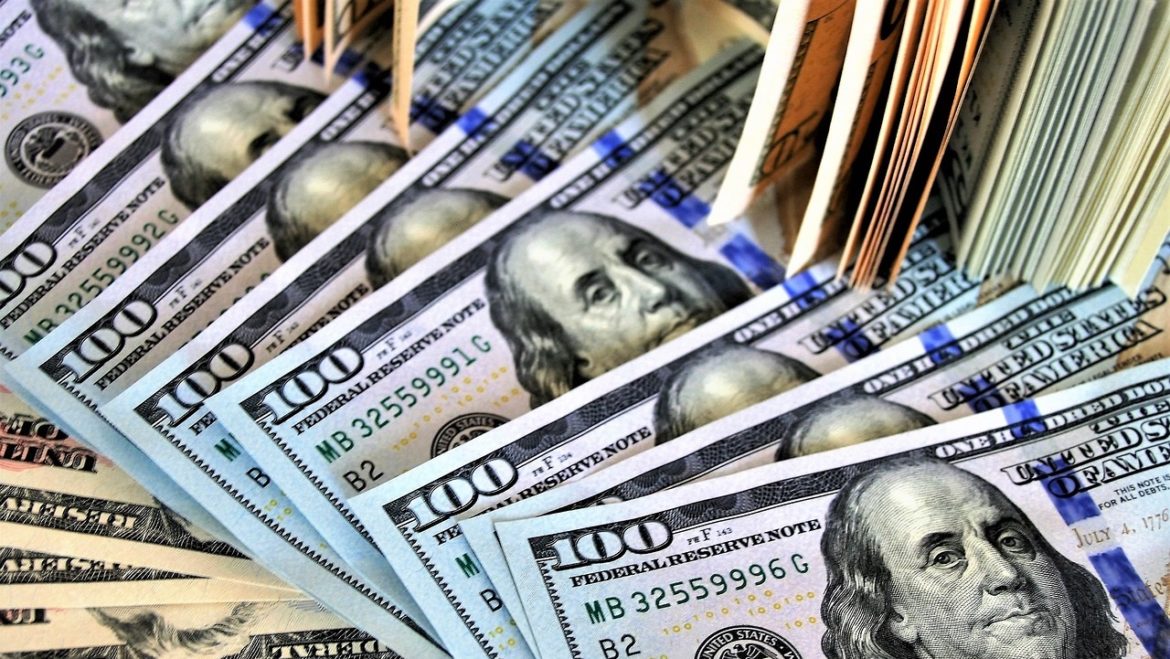There were a number of inauspicious records set in 2020 and the impacts will continue to reverberate through the economy in the future.
The Federal Reserve created money at a record rate. It also increased its balance sheet to record levels. And not to be outdone, the US government set a budget deficit record.
These three records were actually linked. The money printing and expansion of the Fed balance sheet were necessary to monetize the massive federal debt. And there is no sign that anything will be different in 2021.
Peter Schiff has been saying that all of the “help” the US government and the Federal Reserve have offered up during the coronavirus pandemic isn’t helping. In fact, it’s made the situation worse. In a podcast last month, Peter said that all of the money printing and stimulus allowed people to keep spending, but they aren’t producing anything.
The problem is government doesn’t seem to understand the difference between money that is actually earned by being productive and money you get just because the Federal Reserve or some other central bank conjures out of thin air. When you’re productive, you’re helping to grow the economy. When the Fed prints money, all they’re doing is distorting the economy and increasing the cost of living.”
Peter Schiff has been driving home the fact that the Fed’s extraordinary monetary policy isn’t helping the economy. In fact, it’s setting the stage to destroy it.
Peter points out that the Fed seems to think inflation is the cure for what ails us. That means the monetary and fiscal policies that resulted from COVID are here to stay.
The Federal Reserve has increased the money supply by an astounding amount. This is by definition inflation. But the mainstream insists this isn’t a problem because we haven’t seen a big jump in the consumer price index. CPI has been creeping up, but it hasn’t reached the mythical 2% level. The Fed has signaled it will allow inflation to above that level for some time once it gets there. This should cause concern. As Peter Schiff said, the question is whether or not the Fed can keep doing this indefinitely and the answer is no.
Eventually, the dollar has to give way.”
The People’s Bank of China was the first central bank to roll out a digital currency. The digital yuan recently got a boost when China’s biggest online retailer announced it has developed the first virtual platform to accept the Chinese digital currency.
Digital currency is nothing more than a virtual banknote or coin that exists in a digital wallet on your smartphone instead of a billfold or a purse. Digital currencies issued by central banks are backed by the state, just like traditional fiat currency.
We’ve written extensively about the government intentionally devaluing our money. As one economist put it, the intentionally inflationary policies of central banks and governments are “daylight robbery.” But what’s the solution to this problem?
Economist Thorsten Polleit argues we need a free market in money. But is this possible? Wouldn’t this create monetary chaos?
The central bankers at the Federal Reserve can be pretty clueless. A report issued by the Fed a few weeks ago serves as a prime example.
As central banks continue to inject trillions of dollars created out of thin air into the financial system, the mainstream generally sits backs and shrugs. But a few lonely voices in the wilderness continue to warn about the potential for price inflation and its nefarious effects on the average person.
In a recent podcast, Peter Schiff warned that prices are going to surge because “the Fed is not going to take away the punch bowl.”
The FY2020 budget deficit came in at $3.13 trillion. At some point, the US government will have to reckon with the debt and spending. But according to recent analysis from the nonpartisan Committee for a Responsible Budget, neither Trump nor Biden appear prepared to do so. In fact, its analysis shows Trump would only be slightly better than Biden when it comes to spending and debt.
When governments started locking down economies in response to the coronavirus pandemic, the Federal Reserve sprung into action. The central bank immediately cut interest rates to zero and launched what we’ve called “QE infinity.” Since then, the Fed has ballooned its balance sheet by nearly $3 trillion and increased the money supply at a record pace. Along the way, Powell and Company signaled they were surrendering to inflation, moving the inflation targeting goalposts to allow for the inevitable increases in consumer prices. Meanwhile, the federal government has run the national debt to over $27 trillion.
The question is how long can this go on?












